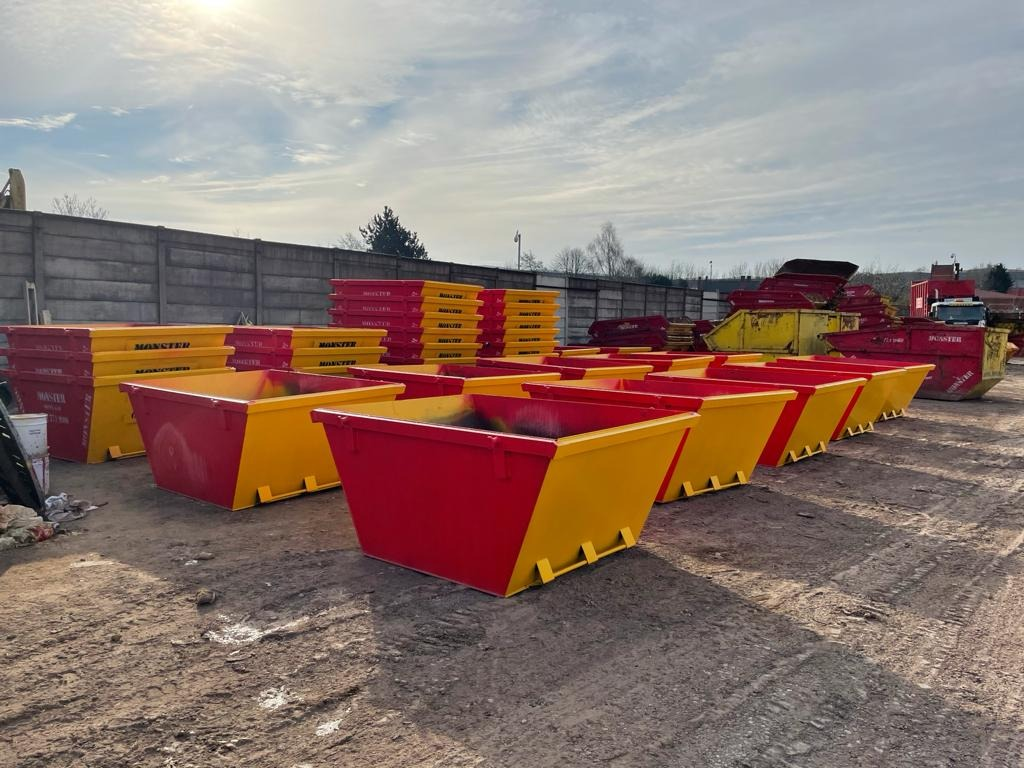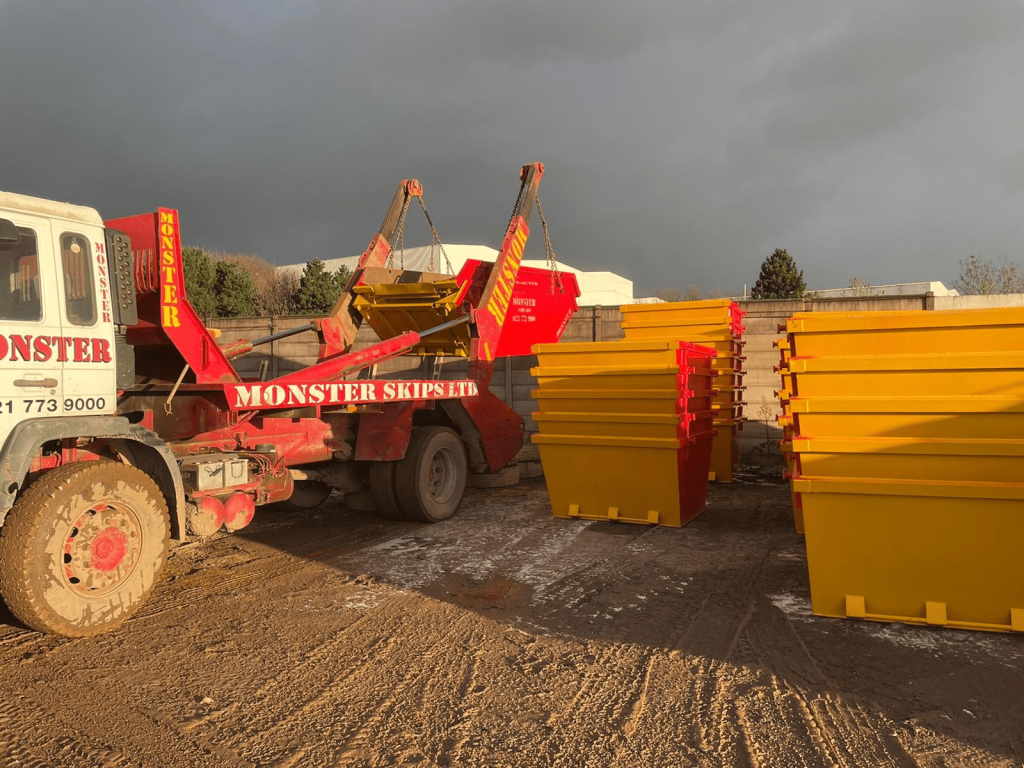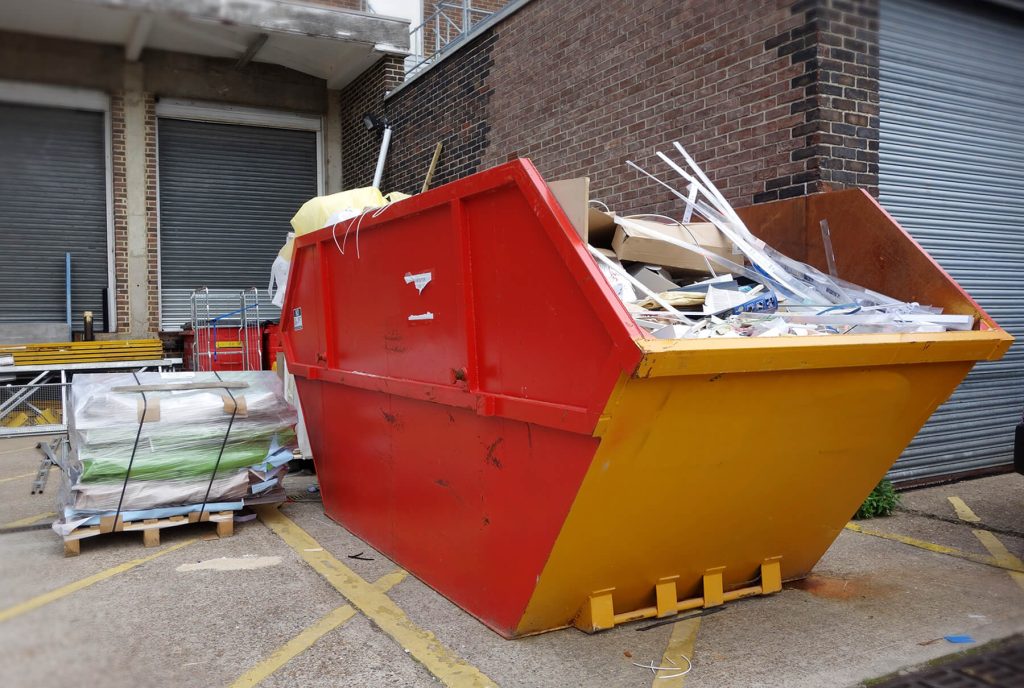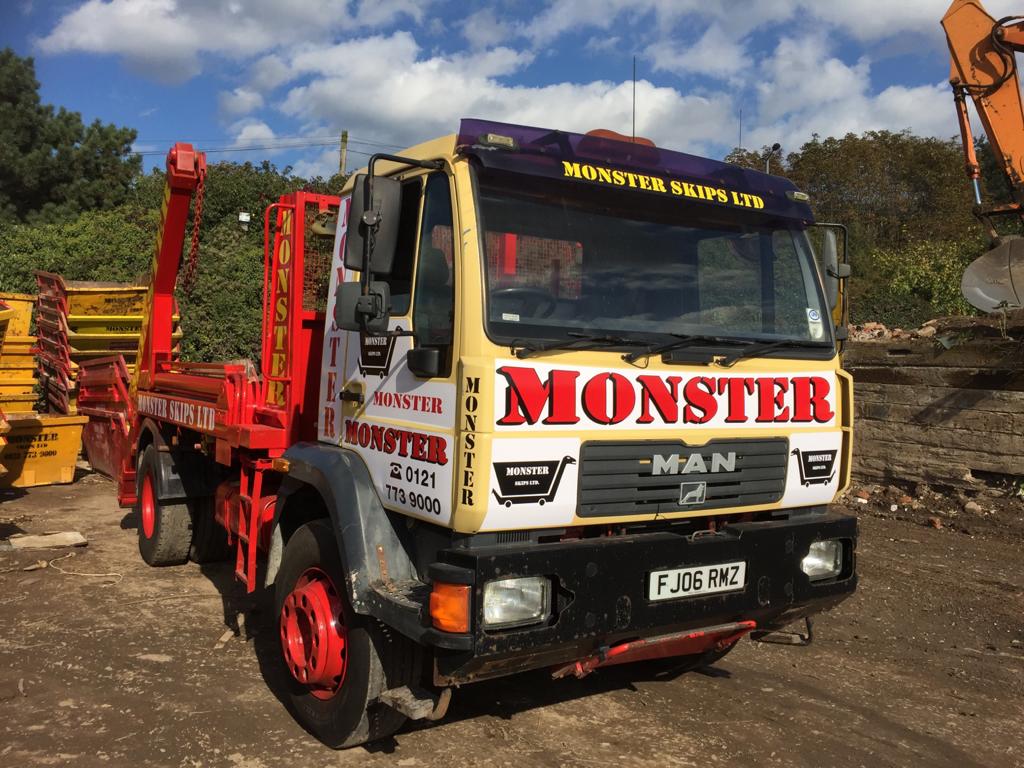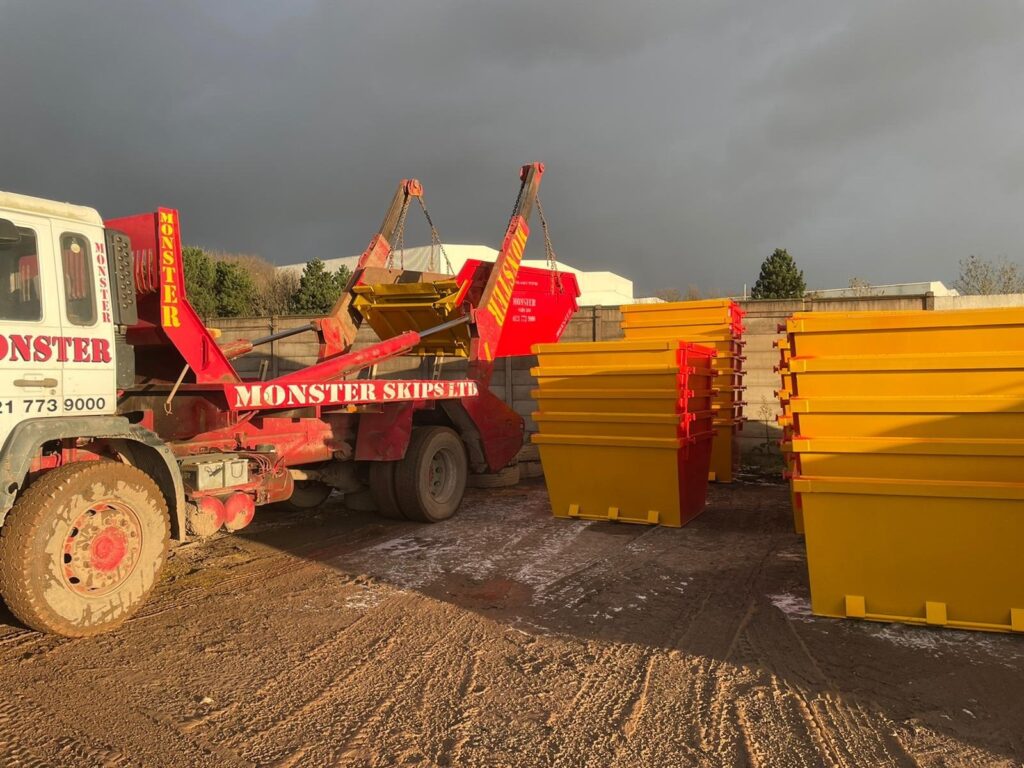

5 Ways to Reduce Your Business’s Commercial Waste Management Costs
Irrespective of your industry, we are sure that you understand that every penny counts. This also applies to managing operational costs, and commercial waste management can often be a significant expense.
However, there are several ways to reduce your waste management costs and contribute to a more sustainable future. This article will discuss this in detail, along with practical tips and examples for each approach.
1. Reduce Waste Generation: The Source of Savings
The most impactful strategy to lower commercial waste management costs is to generate less waste in the first place. This principle, known as waste reduction, means that you have to analyse your business operations and identify areas where materials are unnecessarily used or discarded. Here are some effective methods:
● Embrace reusables: Replace single-use items like coffee cups, water bottles, and plates with reusable alternatives. Encourage employees to bring their mugs and utensils and invest in durable tableware for common areas. This not only reduces waste but also promotes a more eco-friendly workplace culture.
● Optimise packaging: Evaluate the packaging used for incoming supplies and outgoing products. Can you eliminate unnecessary layers or choose smaller, more efficient packaging options? Partner with suppliers who offer minimal or recyclable packaging solutions.
● Implement digital workflows: You must also reduce paper usage by going for digital processes whenever possible. Utilise electronic documents, online forms, and cloud storage solutions to minimise paper-based transactions and printing needs.
For example, if you are a restaurant chain, you can successfully reduce your waste generation by almost 20% if you implement these strategies. You may also replace plastic straws with paper alternatives, offer reusable takeaway containers for a deposit, or switch to digital menus displayed on tablets.
2. Segregate and Recycle: Turning Waste into Resources
Proper waste segregation allows for efficient recycling, which can significantly reduce commercial waste management costs. By separating recyclable materials like paper, cardboard, plastic, and metal from general waste, businesses can:
● Benefit from lower disposal fees: A recycling facility typically charges less than landfills for accepting segregated waste.
● Generate revenue: Certain recyclable materials, such as metal and plastic, can be sold to recycling companies. This may also create a potential income stream for your business, depending on the commercial value of your waste.
● Enhance sustainability: Waste recycling conserves resources and reduces environmental impact by diverting waste from landfills.
For example, let’s assume that an office building implements a comprehensive waste segregation program with clearly labelled bins for different materials. This could result in a 40% reduction in landfill waste and a 15% decrease in commercial waste management costs. However, the results may vary for different offices.
3. Embrace Innovation and Technology
Technological advancements offer innovative solutions for optimising commercial waste management. Consider exploring these options:
● Smart waste bins: These bins utilise sensors to monitor fill levels and communicate collection needs. Smart bins help optimise collection schedules and reduce unnecessary pickups.
● Waste compaction equipment: Compacting waste reduces bin volume, leading to fewer collections and potentially lower disposal costs.
● Data analytics tools: These tools provide insights into waste generation patterns, helping businesses identify areas for further reduction and optimise overall waste management strategies.
4. Explore Alternative Waste Disposal Methods
Depending on the nature of your business, you may also explore alternative waste disposal methods at your end. Here are some options to consider.
● Composting: Food scraps and yard waste can be composted and used as fertiliser. This will also reduce landfill waste and generate nutrient-rich soil for landscaping.
● Donation and reuse: Consider donating usable items like furniture, electronics, or clothing to charities or reuse programs instead of discarding them.
● Waste-to-energy facilities: Certain facilities convert waste into usable energy, which acts as an alternative to traditional disposal methods.
If you are a grocery store, you may implement a food waste composting program that generates compost. You may then sell the compost in the local market and generate some additional revenue. However, if it’s not possible for your business to create compost or the waste items can’t be donated either, you will have to avail of commercial waste management services.
5. Choose the Right Commercial Waste Management Service Provider
Contract the most suitable commercial waste management service provider as it is crucial for cost-effectiveness. Carefully evaluate different options based on factors like:
● Service options: Ensure the provider offers the specific waste collection and disposal services your business requires. This includes the frequency of waste collection, bin sizes, and recycling options.
● Price per service: Compare price models of different contractors, including fixed fees, variable rates based on weight or volume, and additional charges for specific waste types.
● Customer service: Choose a waste management company with responsive and reliable customer support so that your inquiries and issues are addressed promptly.
You could notice a 10% cost difference between two waste management service providers for the same amount of waste and waste handling requests.
However, it is advised not to always go for the cheapest option and ensure that your waste is disposed of efficiently. Any laxity on the part of your contractor in terms of waste management could also incur some fines.
Monster Skips Ltd. is a leading provider of commercial waste management solutions in the UK. They offer a wide range of services, like skip hire, waste collection and disposal, and even waste management consultancy.

